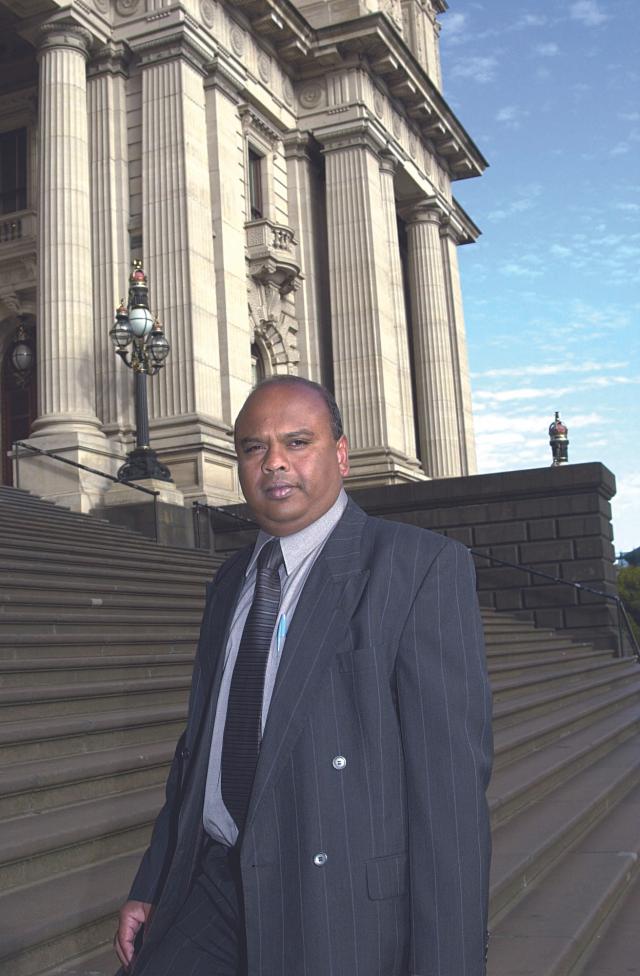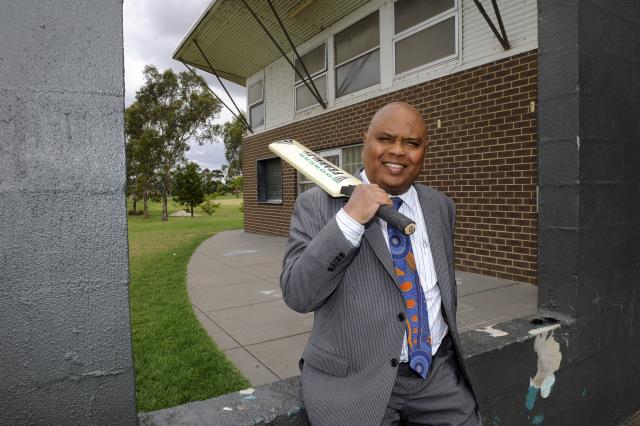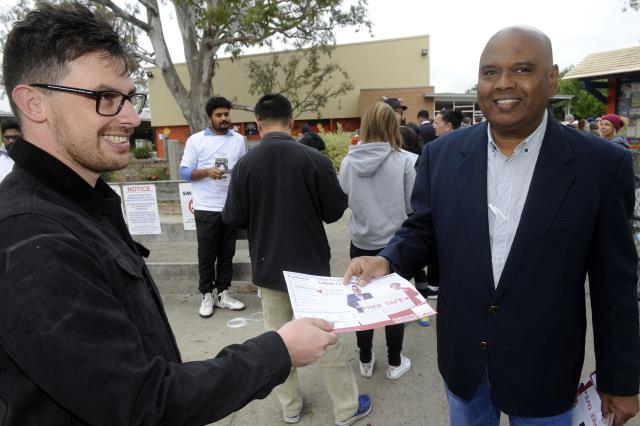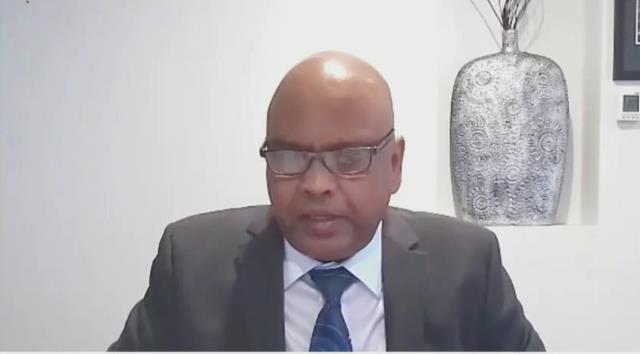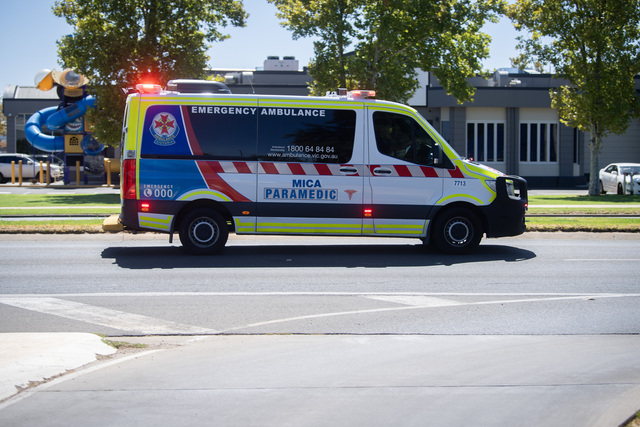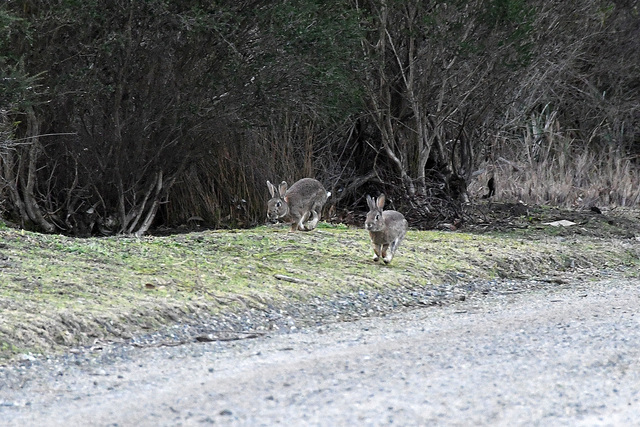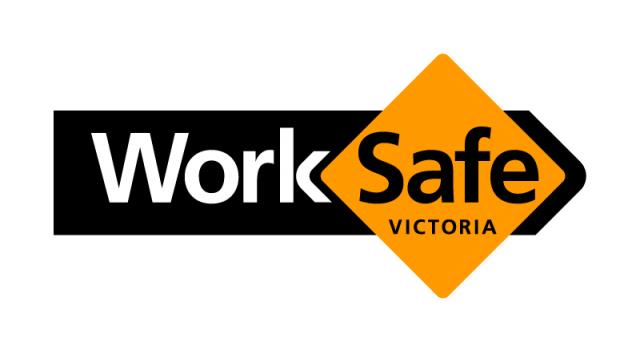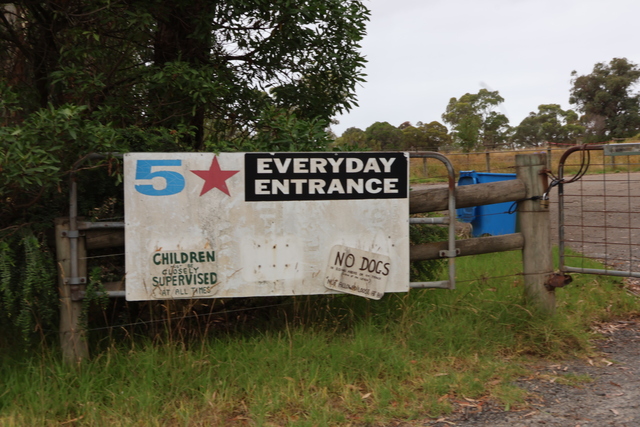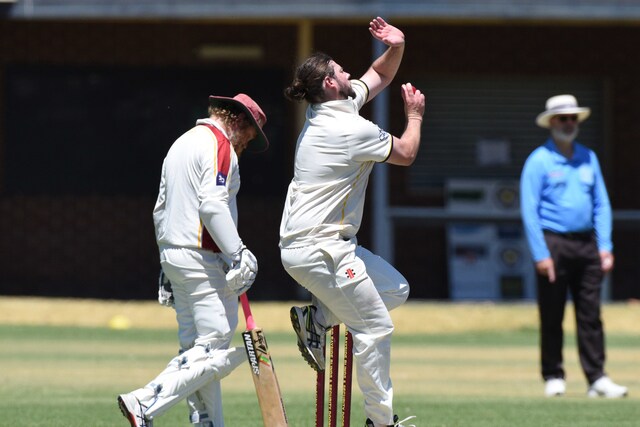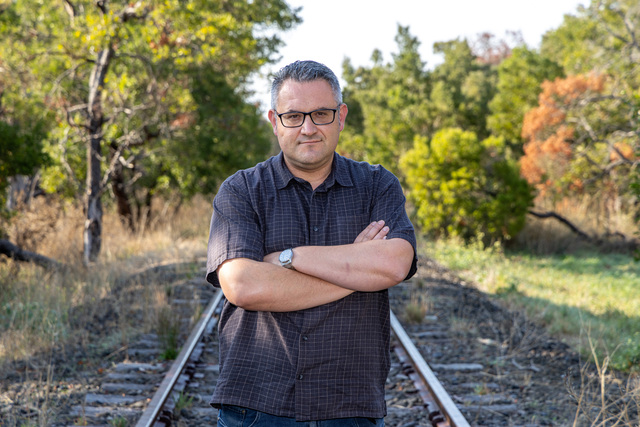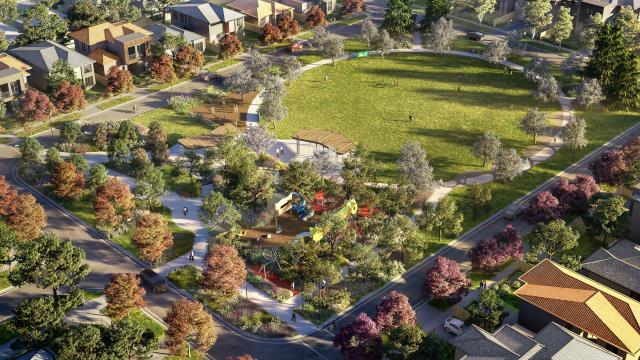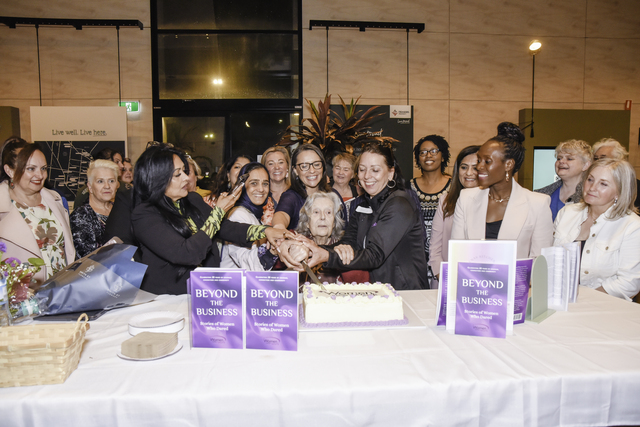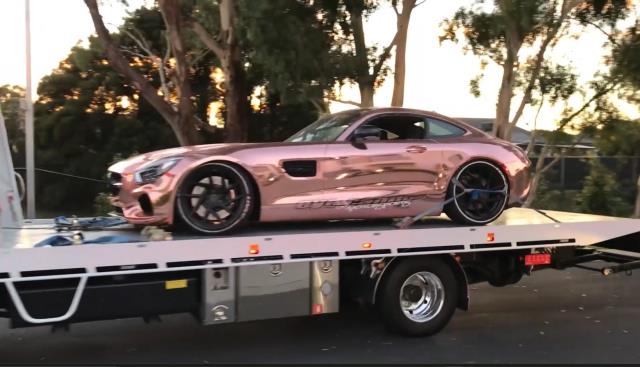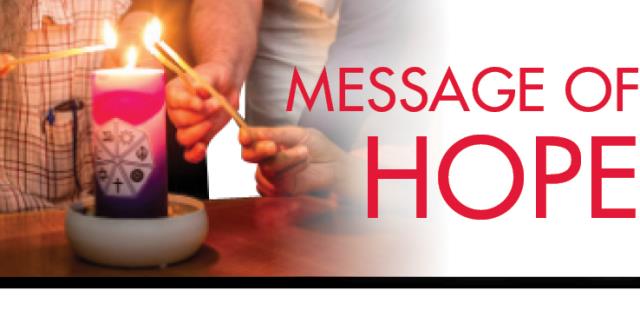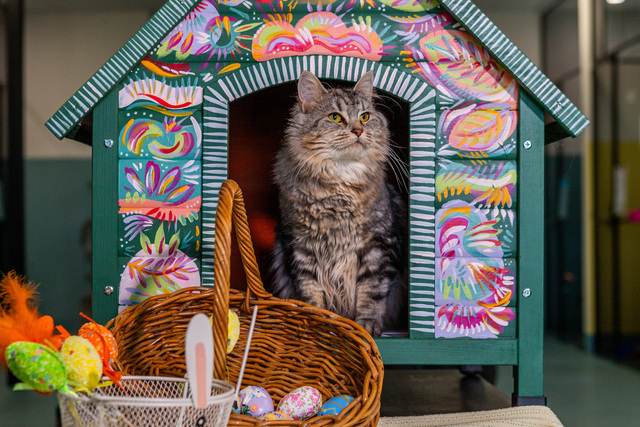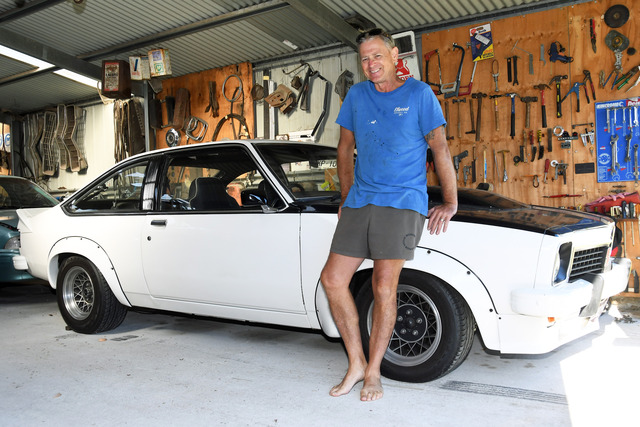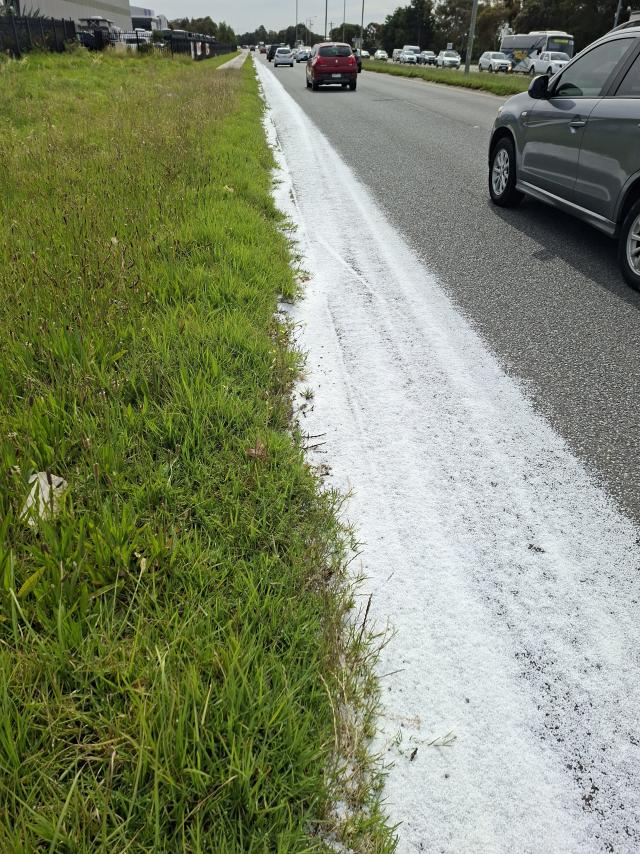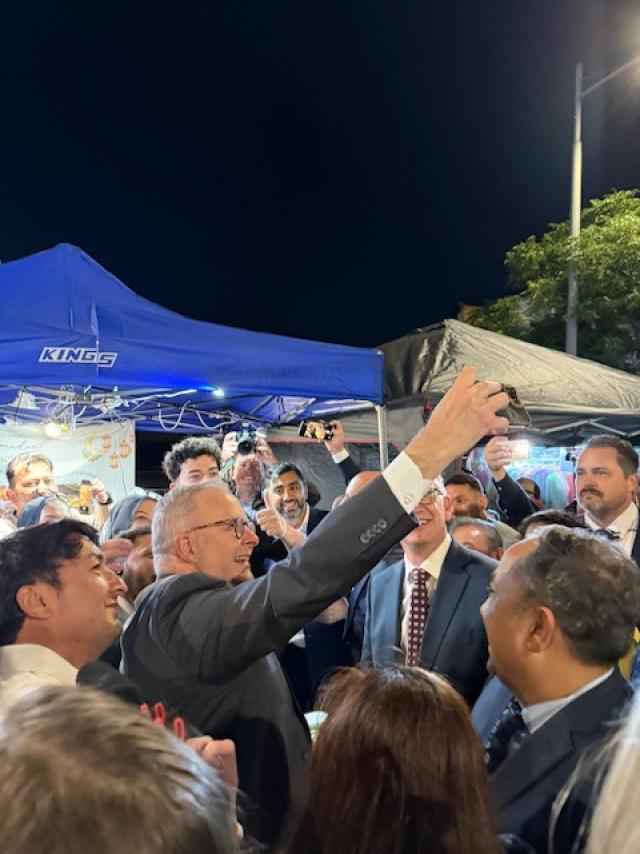Former Cranbourne Labor MP Jude Perera has died at the age of 71.
His family announced with “deep sadness” on social media on 23 July that their “beloved father, grandfather and our whole family’s rock passed away”.
Perera was the first Sri Lankan-born and –educated MP elected to a lower house of parliament in Australia in 2002.
He served four terms, retiring in 2018 after a long battle with renal disease and two kidney transplants.
Several current state MPs such as Lee Tarlamis, Pauline Richards and Tim Richardson paid tribute to their former colleague.
Cranbourne’s current MP Pauline Richards posted: “Vale Jude Perera. Very sad news for the Cranbourne community. My condolences to the family of a great man.”
A State Government spokesperson said Perera was a “lifelong advocate for our state’s proud multicultural communities”.
“Our thoughts are with his family, friends, and community.”
Growing up in Sri Lanka, Perera was steeped in left-wing politics in what was a turbulent environment.
His father Edmund, a coconut plantation manager, was a leader in the Marxist party Lanka Sama Samaja and hosted meetings with activists around his kitchen table.
After dabbling in politics and struggling to make ends meet, he left Sri Lanka with wife Iranganie and two small children for a “better life”.
He joined the ALP in reaction to the Kennett Government.
And in 1998, his political know-how helped him to build local support for ALP preselection in the seat of Cranbourne.
In his memoir released last year, he says many Sri Lankans were intially surprised at his preselection in what was then a heavily Anglo Saxon electorate.
“Many asked questions such as, ‘Did they easily give it to you?’,” Mr Perera writes.
“What they really meant was, ‘How come a dark-skinned Asian migrant has been selected by the white skin majority to stand for parliament?’”
Growing up in rural Sri Lanka, Mr Perera was steeped in left-wing politics in what was a turbulent environment.
His father Edmund, a coconut plantation manager, was a leader in the Marxist party Lanka Sama Samaja and hosted meetings with activists around his kitchen table.
After dabbling in politics and struggling to make ends meet, he left Sri Lanka with wife Iranganie and two small children for a “better life”.
In Australia, he joined the ALP in reaction to the Kennett Government.
His memoir Challenging Incomplete Democracy delved into great detail into his political philosphies.
It also described when then-Opposition Leader Daniel Andrews dumped him as opposition parliamentary secretary.
Perera had missed a division during Parliament resulting in the Opposition “losing a vote we should have won”.
“I was sick as a dog and was disappointed with how Daniel Andrews had treated me, a loyal supporter.
“This event coupled with my health issues led me to consider retirement.”
In 2020. Perera appeared as a witness in the IBAC Operation Sandon inquiry into alleged corrupt dealings between property developers, MPs and Casey councillors.
He admitted during the inquiry that his formal submission in favour of a land zoning in Cranbourne West was effectively written by developer John Woodman’s planning consultant.
Perera had earlier received financial support from the developer John Woodman for his election campaign, an IBAC report found.
“Mr Perera contended that this did not generate any sense of obligation… that assertion was contradicted by the lengths to which Mr Perera went to further Mr Woodman’s requests and objectives,” IBAC reported.
Prior to the report’s findings, Perera told Star News that he agreed that Victoria should follow NSW’s lead and ban political donations from developers.
“The issue is that people should not give donations for personal favours.”
Reflecting on his tenure as an MP, Mr Perera told Star News that he was most proud that he helped many with immmigration and visa issues.
He says he went beyond the call of duty. And in many cases his intervention helped people migrate to Australia.
However, Mr Perera said last year that his health is “not the best”. After two failed kidney transplants, he was back on three dialysis treatments a week.
He was listed for a third transplant, but unlikely to receive it due to his age and the extra antibodies he’s acquired from previous transplants, he said at the time.

